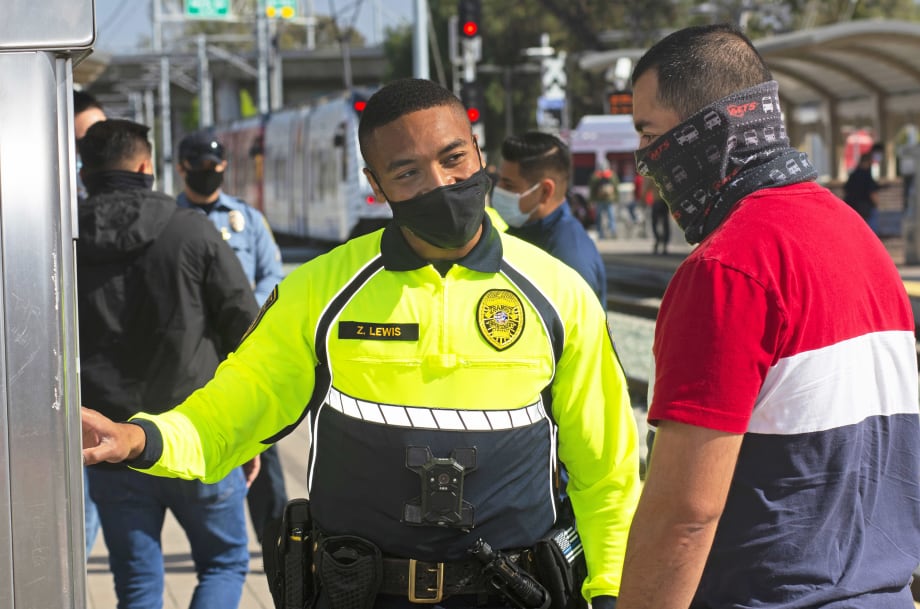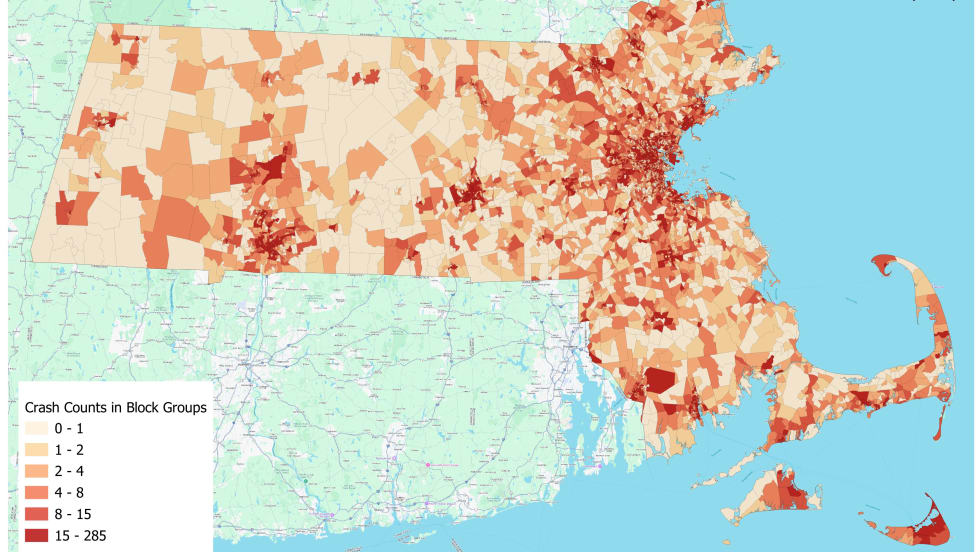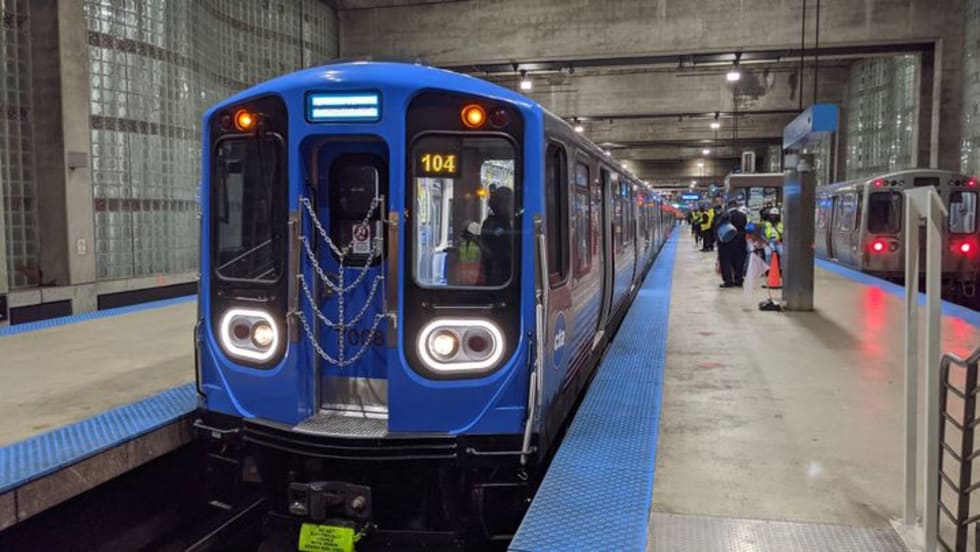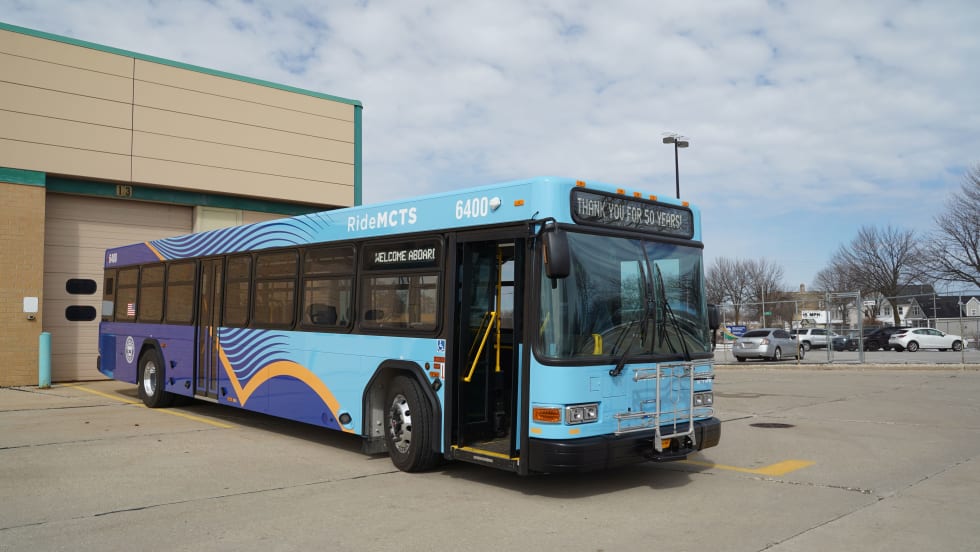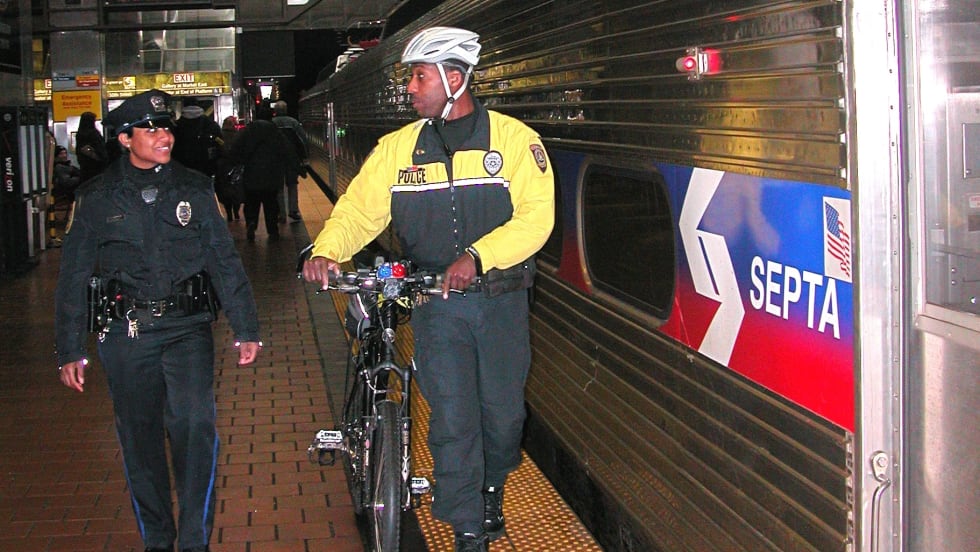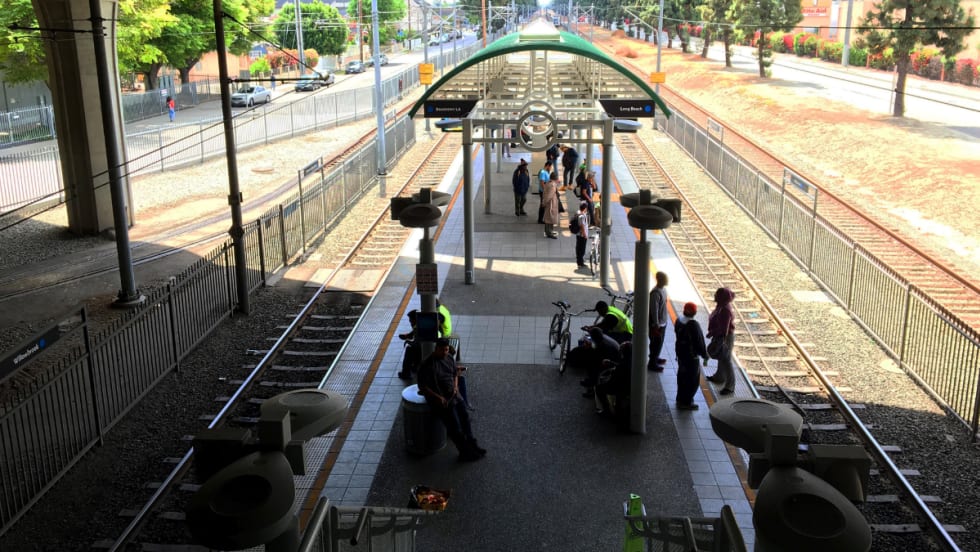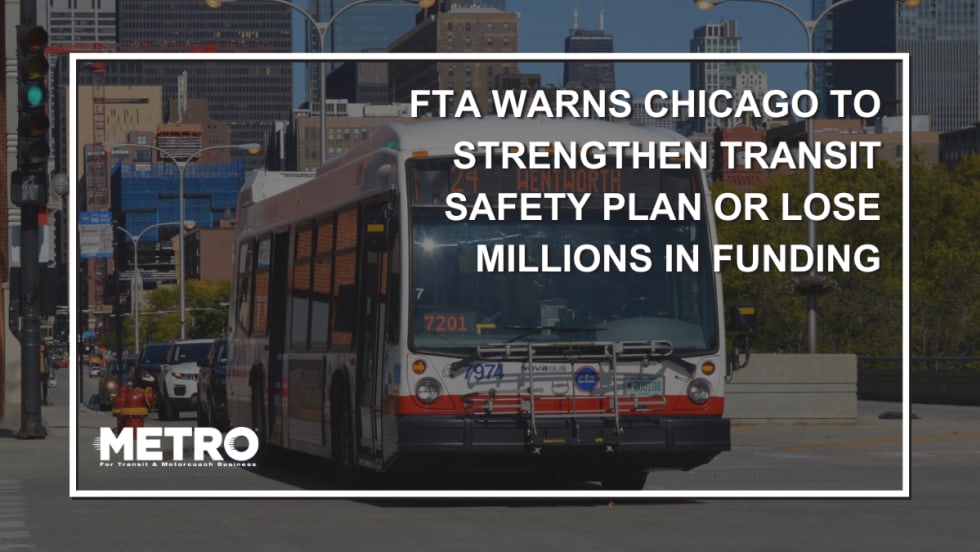The San Diego Metropolitan Transit System’s (MTS) board approved a new five-year, $66 million contract with Inter-Con Security to provide security services on trolleys, buses, and on MTS properties.
The contract is for three base years with an option to extend for an additional two years and will go into effect on Jan. 1, 2022. At the same meeting, the board also extended its Fare Evasion Diversion Program for another year.
Inter-Con employs a highly diverse workforce of over 30,000 employees across North and South America, Africa, and Europe, with sustained operational growth. The company provides tailored security services to Fortune 500 companies; public utilities; high net worth individuals; and non-profit organizations; as well as federal, state, and local governments around the world.
At MTS, Inter-Con will provide support by employing 190 public safety officers to patrol the system. The MTS service area covers 570 square miles, 62 stations, and 53 miles of double-tracked railway. Officers are responsible for conducting fare inspections, acting as system ambassadors, supporting bus and rail operations and other employees in need, helping with lost and found, and much more.
In addition to hiring a new security contractor, the MTS board also extended the Fare Evasion Diversion Program to August 31, 2022. This pilot program reduces fines, offers a community service option in lieu of payment, and a new appeal window for fare violators. The purpose is to provide more flexibility for passengers who receive citations for not having a valid fare while riding buses and trolleys.
MTS is extending the pilot to get a better understanding about success factors. The COVID-19 pandemic made it difficult to fully realize the success of the Diversion Program thus far. An extension allows additional time to evaluate the effectiveness of the pilot program and identify if any changes are necessary.
In addition to the Fare Evasion Diversion Program pilot and hiring a new security contractor, MTS has also implemented other changes to its security policies and procedures, including:



